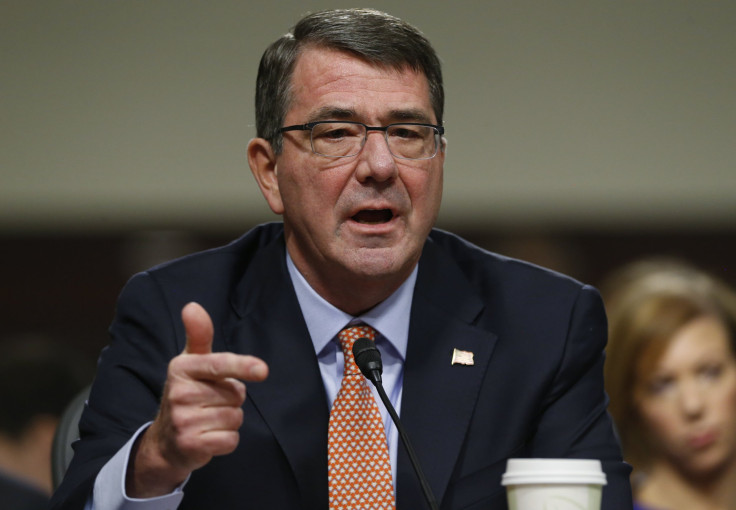Senate Confirms Ashton Carter As New Secretary Of Defense

The United States Senate voted 93-5 Thursday to confirm Ashton Carter as the new U.S. Secretary of Defense, according to reports. Carter will replace former defense secretary Chuck Hagel, who announced his intention to step down from the position in December.
Carter’s confirmation came two days after the Senate Armed Services Committee unanimously voted to approve his nomination. He is expected to take up his responsibilities at the Pentagon on Friday, according to the Wall Street Journal.
He provided the Senate Armed Services Committee with a 42-page document Monday which outlined his priorities if confirmed as secretary of defense. Specifically, Carter discussed a desire to continue to build the United States’ military capabilities and to limit Russia’s “sphere of influence” in Eastern Europe.
U.S. Senate Majority Leader Mitch McConnell announced his intention to support Carter’s confirmation Thursday morning. However, he said his continued support for Carter was contingent on whether the 60-year-old was willing to stand up to President Barack Obama on his policies and attitudes toward Al Qaeda, Afghanistan and China’s military buildup, among other hot-button issues.
“I intend to support Ash Carter’s confirmation. But my support is conditioned on this request: the incoming Secretary needs to have the courage to speak truth to power. To Congress, yes. But also to his Commander in Chief,” McConnell said in a statement.
Carter served as the deputy secretary of defense from October 2011 to December 2013, according to his official U.S. Department of Defense bio. Prior to that, he worked as undersecretary of defense for acquisition, technology and logistics from April 2009 to October 2011 and as assistant secretary of defense for international security policy under President Bill Clinton. A theoretical physicist, Carter was a staunch critic of former President Ronald Reagan’s “Star Wars” missile defense system in the 1980s.
Obama formally announced his nomination of Carter on Dec. 5. “As a top member of our Pentagon team for the first five years of my presidency, including his two years as deputy secretary, he was at the table in the Situation Room; he was by my side navigating complex security challenges that we were confronting. I relied on his expertise, and I relied on his judgment,” Obama said in a statement.
© Copyright IBTimes 2024. All rights reserved.












